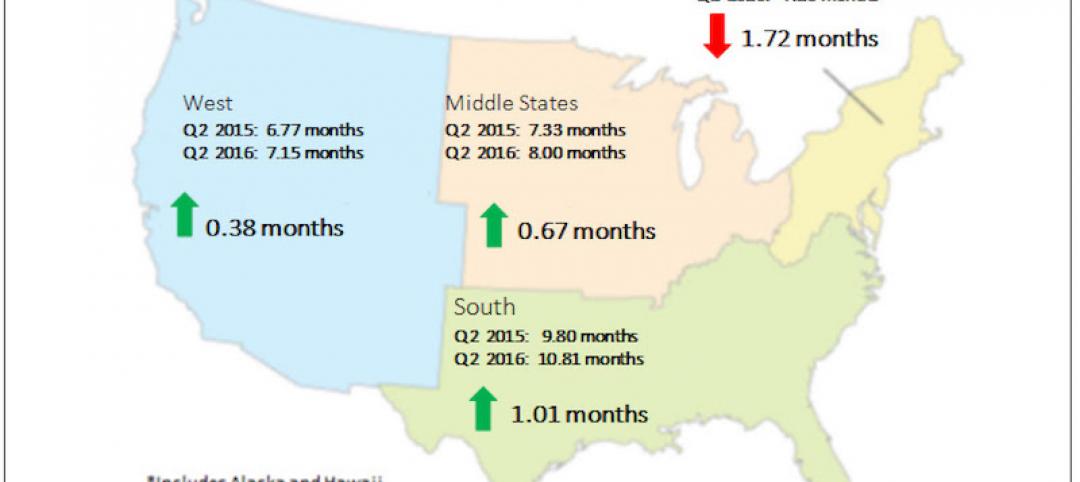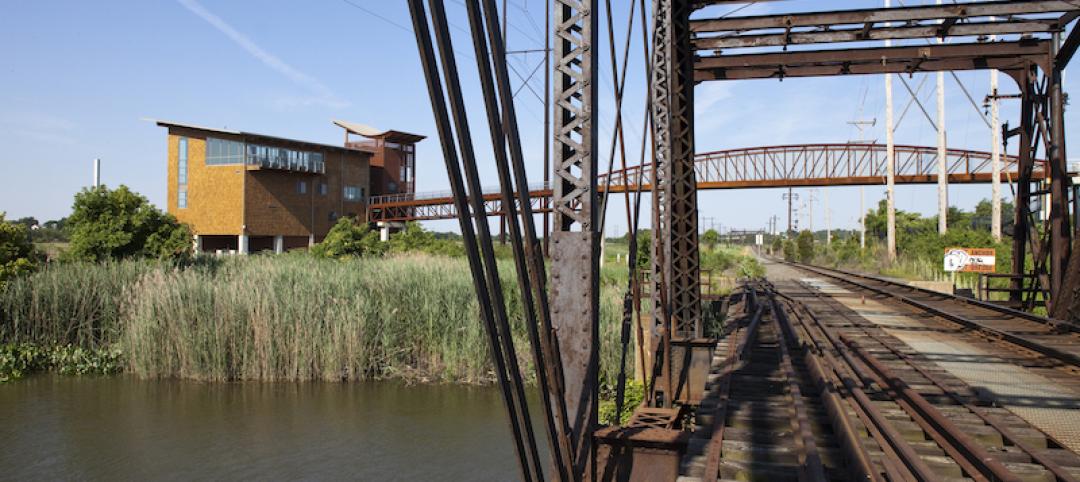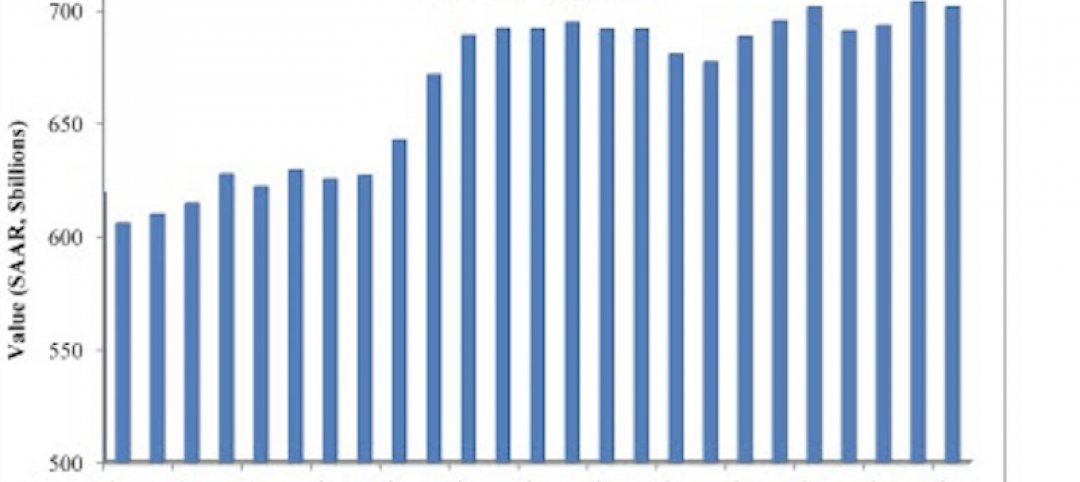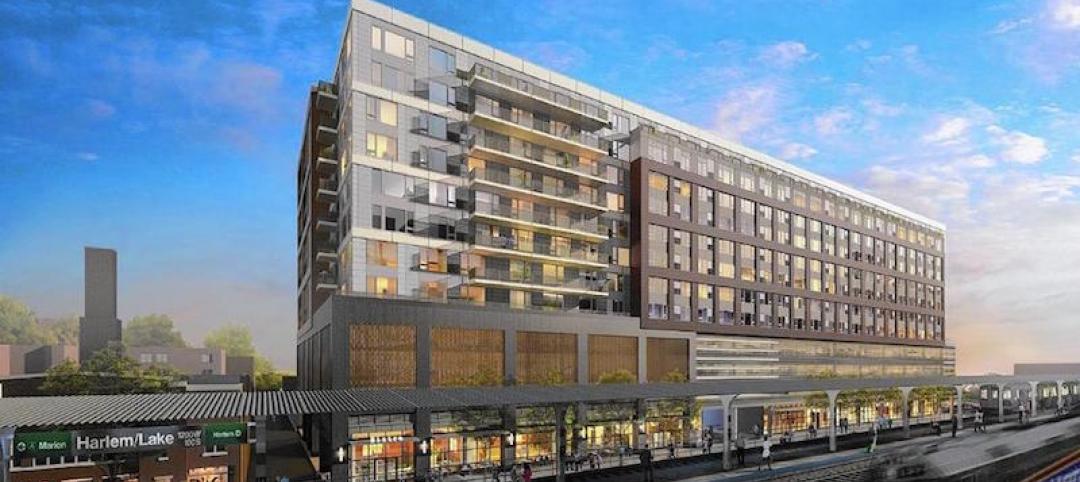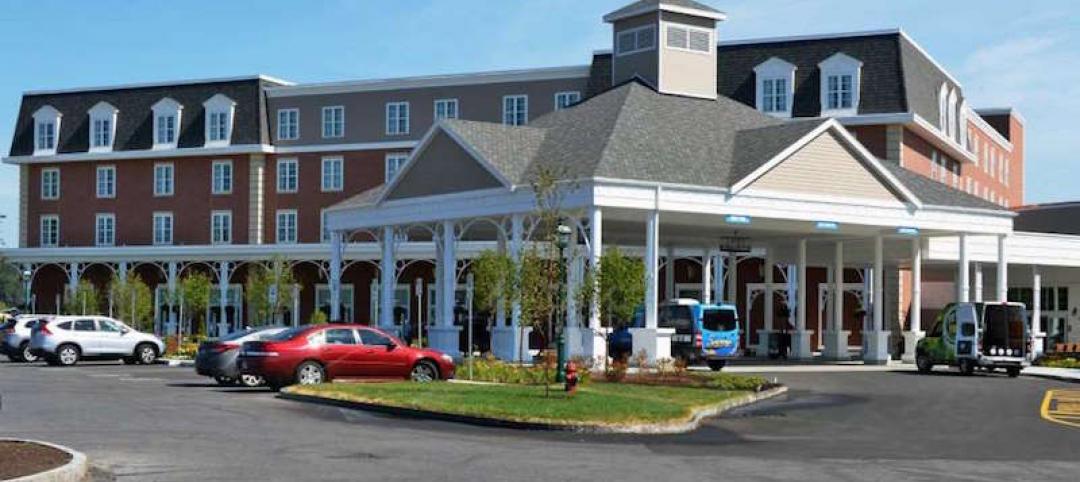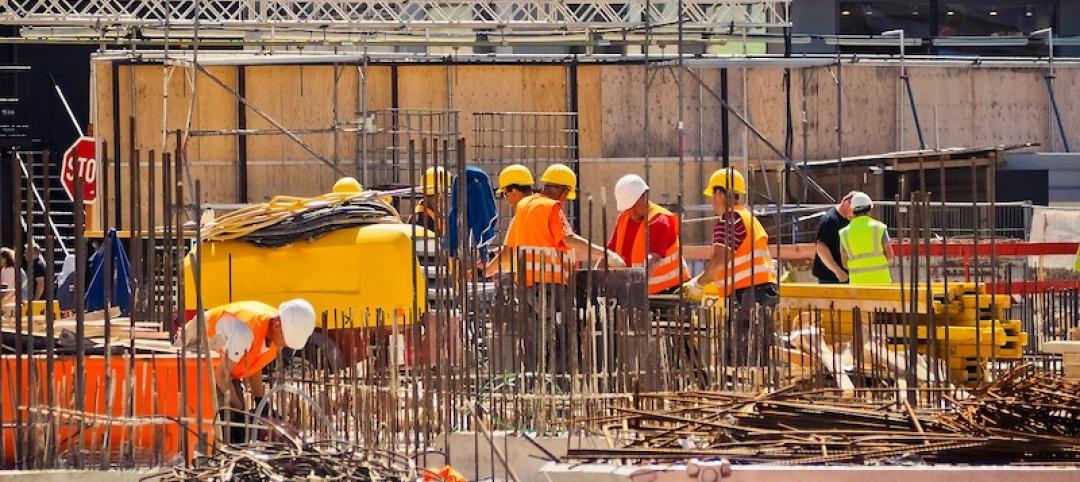Construction firms are experiencing widespread project deferrals and cancellations, along with disruptions to ongoing work and few new project awards, as the economic damage from the pandemic drags down industry employment in metro areas across the nation, according to a new survey and an analysis of new government data that the Associated General Contractors of America released today. Association officials urged Congress to pass new coronavirus relief measures to head off further job losses.
“The survey results make it clear that the months-long pandemic is undermining demand for projects, disrupting vital supply chains and clouding the industry’s outlook,” said Ken Simonson, the association’s chief economist. “Without new federal relief measures, these challenges pose a significant threat to current construction employment levels.”
Simonson noted that three-quarters of survey respondents report having a scheduled project postponed or canceled. He added that is up from the 60% of contractors who reported a canceled project in our August survey and 32% who did so in June. Meanwhile, only 23% of contractors report working on new or expanded construction projects as a result of the pandemic, about the same percentage as in June.
The coronavirus is also disrupting projects that are still underway, Simonson noted. Seventy-eight percent of respondents report they are currently experiencing project delays or disruptions, up from 57% in June. In particular, 42% of firms are experiencing disruptions due to a shortage of construction materials, equipment or parts. In addition, 35% are experiencing disruptions because of a shortage of craftworkers and/or subcontractors. In one bit of good news, however, only 7% of firms are experiencing disruptions because of a shortage of personal protective equipment.
Shrinking demand and disrupted operations are shaking many contractors’ faith in the future, the survey showed. Thirty-four percent of respondents report they do not expect their firm’s volume of business will return to pre-pandemic levels for at least a year.
Delays, disruptions and uncertainty threaten to undermine employment levels in the construction sector. In fact, 30% of firms report they have already furloughed or terminated employees because of the coronavirus.
That is likely why construction employment fell during the past year in most metro areas, Simonson added. Construction employment fell in 234, or 65%, of 358 metro areas between September 2019 and September 2020. Construction employment was stagnant in 38 other metro areas, meanwhile, and only 86 metro areas added construction jobs during the past year.
Houston-The Woodlands-Sugar Land, Texas lost the most construction jobs over those 12 months (-24,400 jobs, -10%), followed by New York City (-19,500 jobs, -12%). Brockton-Bridgewater-Easton, Mass. had the largest percentage decline (-36%, -2,000 jobs), followed by Altoona, Pa. (-32%, -1,000 jobs) and Johnstown, Pa. (-32%, -900 jobs).
Dallas-Plano-Irving, Texas added the most construction jobs from September 2019 to September 2020 (5,100 jobs, 3%), followed by Baltimore-Columbia-Towson, Md. (4,700 jobs, 6%). Walla Walla, Wash. had the highest percentage increase (25%, 300 jobs), followed by Fond du Lac, Wisc. (15%, 500 jobs).
Simonson added that a majority of firms report they plan to cut jobs or abstain from adding new employees during the coming year. Twenty percent expect their headcount will shrink while 42% report they do not plan to add to the size of their headcount during the next twelve months.
Most firms participating in the survey, 78%, cited a preference for new federal relief measures to mitigate against the impacts of the coronavirus. Among the measures firms are hoping Washington officials will enact are new federal investments in infrastructure, liability reforms that protect responsible firms from frivolous coronavirus suits and a new highway and transportation bill.
As a result, association officials urged Congressional leaders to recall legislators right after the election to pass much-needed new coronavirus relief measures. In particular, the construction officials called on Congress to new infrastructure investments, liability reforms and an additional round of Paycheck Protection Program loans.
“As our survey shows, the pandemic and efforts to mitigate its spread have deeply wounded the economy, depressing demand for many types of commercial construction projects,” said Stephen E. Sandherr, the association’s chief executive officer. “Congress can end the downward economic slide and help create needed new construction jobs by passing measures to boost demand and protect honest employers.”
View the survey results. View the metro employment 12-month data, rankings, top 10, and map.
Related Stories
Market Data | Sep 22, 2016
Architecture Billings Index slips, overall outlook remains positive
Business conditions are slumping in the Northeast.
Market Data | Sep 20, 2016
Backlog skyrockets for largest firms during second quarter, but falls to 8.5 months overall
While a handful of commercial construction segments continue to be associated with expanding volumes, for the most part, the average contractor is no longer getting busier, says ABC Chief Economist Anirban Basu.
Designers | Sep 13, 2016
5 trends propelling a new era of food halls
Food halls have not only become an economical solution for restauranteurs and chefs experiencing skyrocketing retail prices and rents in large cities, but they also tap into our increased interest in gourmet locally sourced food, writes Gensler's Toshi Kasai.
Building Team | Sep 6, 2016
Letting your resource take center stage: A guide to thoughtful site selection for interpretive centers
Thoughtful site selection is never about one factor, but rather a confluence of several components that ultimately present trade-offs for the owner.
Market Data | Sep 2, 2016
Nonresidential spending inches lower in July while June data is upwardly revised to eight-year record
Nonresidential construction spending has been suppressed over the last year or so with the primary factor being the lack of momentum in public spending.
Industry Research | Sep 1, 2016
CannonDesign releases infographic to better help universities obtain more R&D funding
CannonDesign releases infographic to better help universities obtain more R&D funding.
Industry Research | Aug 25, 2016
Building bonds: The role of 'trusted advisor' is earned not acquired
A trusted advisor acts as a guiding partner over the full course of a professional relationship.
Multifamily Housing | Aug 17, 2016
A new research platform launches for a data-deprived multifamily sector
The list of leading developers, owners, and property managers that are funding the NMHC Research Foundation speaks to the information gap it hopes to fill.
Hotel Facilities | Aug 17, 2016
Hotel construction continues to flourish in major cities
But concerns about overbuilding persist.
Market Data | Aug 16, 2016
Leading economists predict construction industry growth through 2017
The Chief Economists for ABC, AIA, and NAHB all see the construction industry continuing to expand over the next year and a half.




